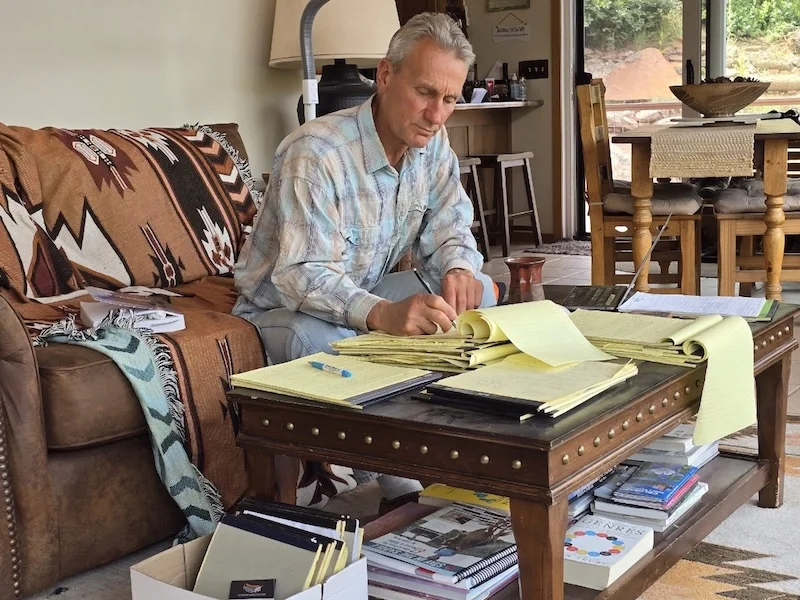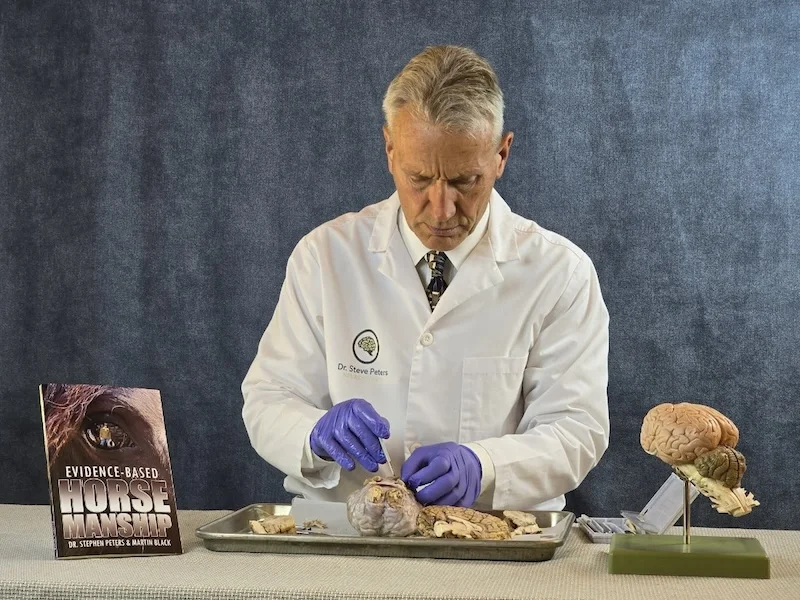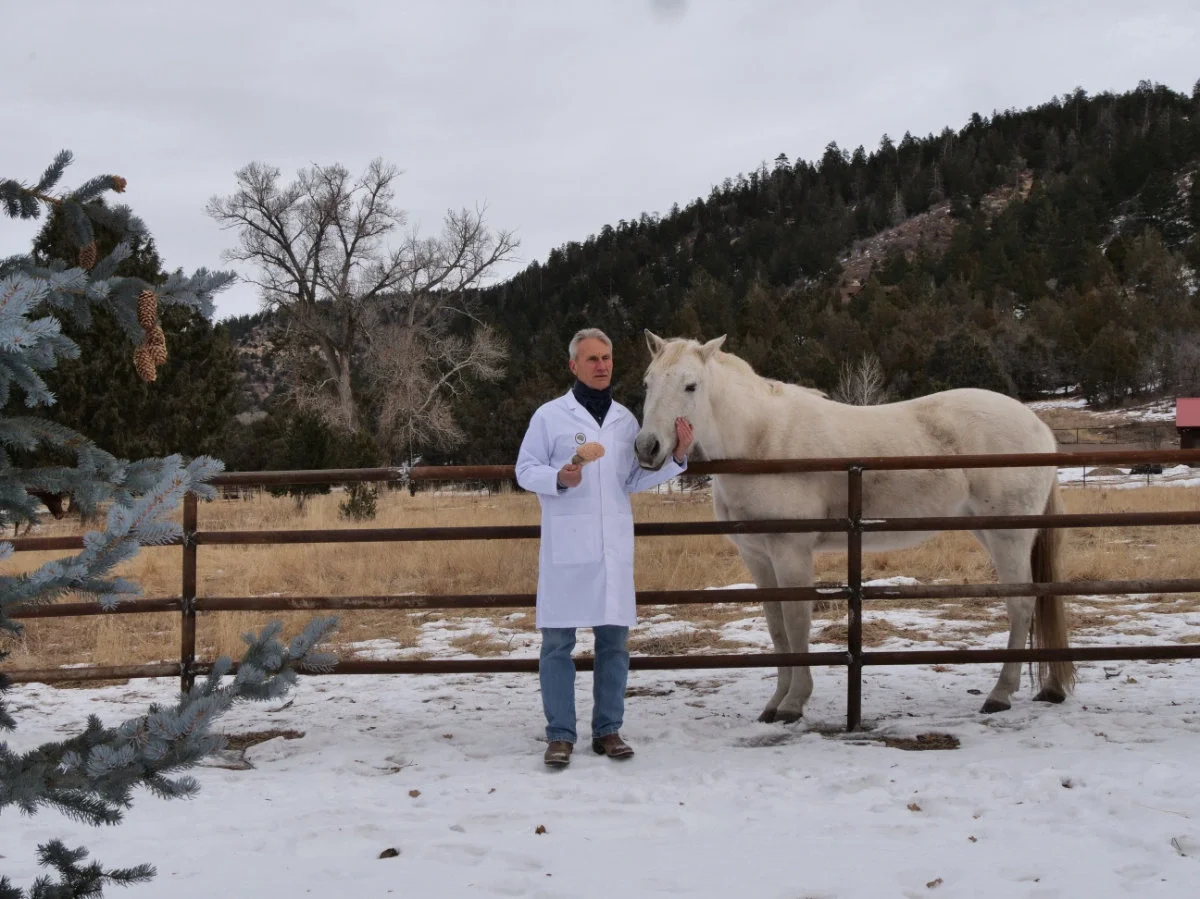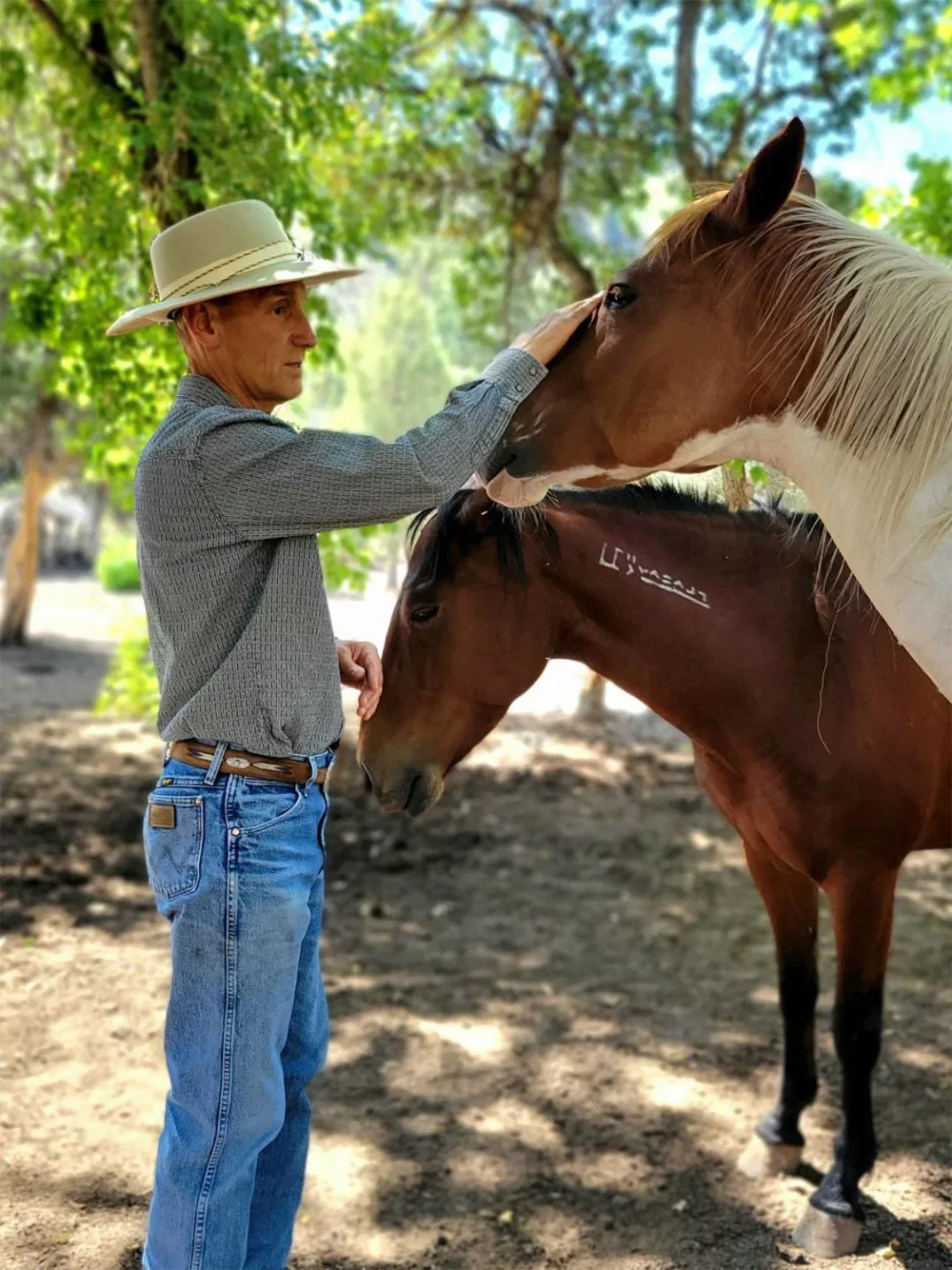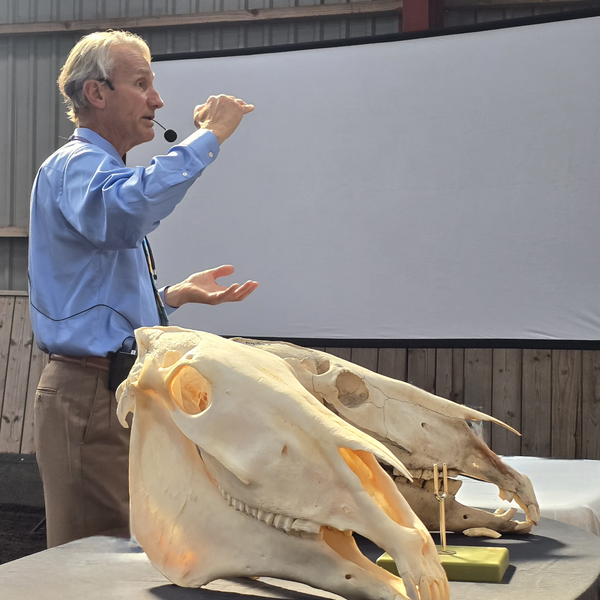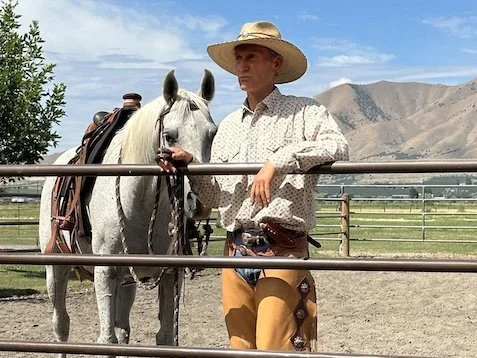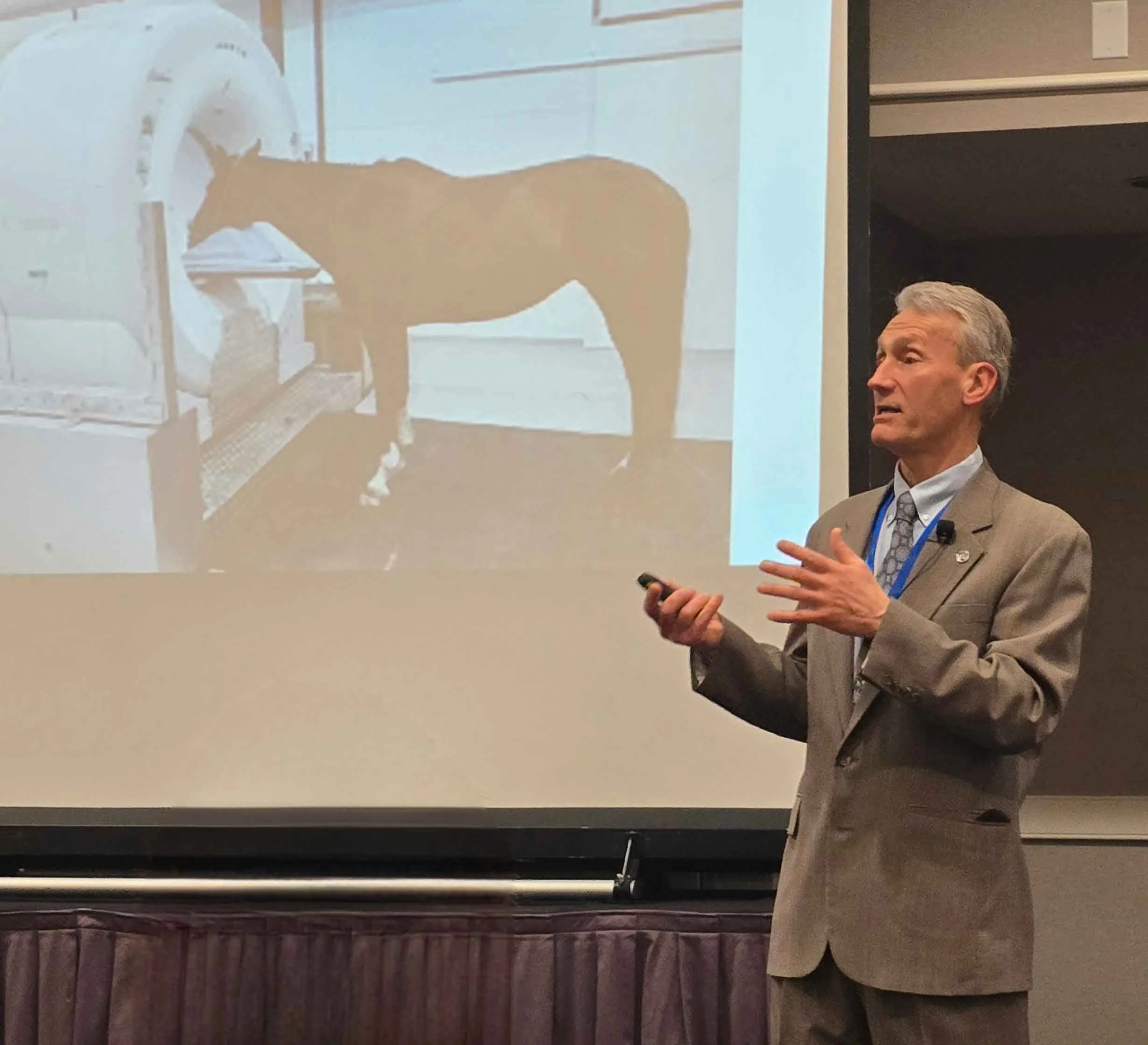
About
Dr. Steve Peters
— Equine & Human Neuroscientist —
His Practice
Dr. Peters did his practicum at Abbott-Northwestern Hospital in Minneapolis, Minnesota, Internship at Danbury Hospital in Danbury Connecticut and Residency and two year Post Doctoral Fellowship at Hartford Hospital in the Departments of Neurorehabilitation, Neurology and Neurosurgery.
Dr. Peters founded and served as Clinical Director at both the American Fork Hospital Memory Clinic and the Utah Valley Hospital Clinic for Brain Health.
His Precision
An evidence-based approach to horsemanship focuses on evaluating and applying scientific research to guide decisions and establish “best practices.” Insights into the neuro functioning of the horse’s brain, along with their practical application, enhance the ability to interpret and understand equine behavior more effectively.
His Passion
Dr. Steve Peters is deeply passionate about improving the lives of horses through the lens of neuroscience. At their ranch in the mountains of Colorado, where he and his wife, Michelle, live with their seven horses and three Australian Shepherds, he finds daily inspiration in observing and riding horses in their natural environment. Those quiet, everyday moments—watching how horses communicate, connect, and learn—continue to shape his understanding of the equine brain and behavior.
Whether on horseback in the mountains or presenting around the world, Dr. Peters is driven by a lifelong passion for equine education, neuroscience, and welfare. His global travels allow him to connect with riders, veterinarians, and equine professionals from all walks of life, sharing science-based insights that help people better understand and care for their horses.
Through his teaching, he seeks to bridge the gap between science and horsemanship—empowering people to build relationships rooted in trust, compassion, and understanding. For Dr. Peters, every horse is both a teacher and a partner, and every new discovery is a chance to improve how humans and horses learn together.
His Experience
Through his teaching, writing, and clinics, Dr. Steve Peters brings brain science out of the lab and into the barn—helping people use knowledge of the nervous system to improve welfare, communication, and performance for both horse and rider.
Best known for taking a very complicated subject and breaking it down into clear, practical, and usable terms, Dr. Peters makes neuroscience accessible to anyone who works with or cares for horses. A neuroscientist specializing in brain functioning, he has become a leading voice in the emerging field of equine brain science. A pioneer in studying how the horse’s brain works, he presents Horse Brain Science seminars, clinics, and dissections around the world, helping riders, trainers, and equine professionals understand how the brain shapes behavior, learning, and communication.
He is the author of Horse Brain Science: The Neuroscience of Ethical Horsemanship and also the author of The Book of Neuropoetry, a creative exploration of the human mind through art and language. Dr. Peters is also the co-author, with horseman Martin Black, of Evidence-Based Horsemanship, published in 2012. The book has since been translated into Spanish, German, and Polish and continues to be recognized as a landmark work that helped introduce neuroscience into modern horsemanship. Horse Brain Science is now being used in classrooms for veterinary and equine science programs, reflecting its growing impact in both the academic and equestrian communities.
He has been a featured presenter at major events including Warwick Schiller’s Journey On Podcast Summit and the Best Horse Practices Summit. Dr. Peters served as the speaker for the Horses and Humans Research Foundation National Convention in San Antonio and has been invited and accepted to return as keynote speaker for the 2026 convention in Florida. He has also been invited back for a second consecutive year as keynote speaker at Eastern Virginia Medical School, recognizing his continued contribution to the understanding of neuroscience and behavior.
In addition, Dr. Peters received a private invitation to teach Horse Brain Science to the riders, performers, veterinarians, and handlers at the prestigious Spanish Riding School in Vienna. He has spoken at events alongside Dr. Temple Grandin on multiple occasions, where both have addressed topics such as the gifts of autism, animal cognition, and the science of connection—between brains, species, and ways of learning.
In collaboration with Canadian psychotherapist Sarah Schlote, he co-developed the Equuscience Master Course—a trauma-informed, evidence-based program exploring the science of horse–human relationships.
In 2026, Dr. Peters will bring Horse Brain Science to German and Austrian veterinary schools, expanding his international teaching to new academic audiences and continuing his mission to unite science, horsemanship, and education worldwide.
Dr. Peters is also looking forward to an upcoming collaboration with equine scientist Dr. Andrew McLean on Connections—an exciting new project that brings together neuroscience and equitation science to explore how horses and humans learn, communicate, and connect.
His Approach
In science and medicine, evidence-based methods are used to figure out what truly works—approaches supported by research and real-world results, not just tradition or opinion. Dr. Peters brings this same mindset to the horse world, encouraging riders, trainers, and veterinarians to ask: “What does today’s science tell us about helping both horses and humans learn and work together better?”
His approach is grounded in what we now know from neuroscience and modern welfare research. One thing is clear: fear shuts down learning. When a horse feels scared, stress chemicals rise, focus tightens, and the brain has a harder time forming new memories. Training in that state doesn’t create understanding—it creates frustration, conflict, and stress.
Horse Brain Science shifts the focus to clarity, safety, and low-stress learning. When a horse feels calm and supported, the brain is able to process information, pay attention, and learn in a healthy way. The goal is to not provoke fear, so the horse can stay engaged, confident, and ready to learn.
By blending science with decades of hands-on experience, Dr. Peters helps people understand how simple, evidence-based choices can improve training, communication, and overall welfare. Over time, these practices help build a community where horses and humans learn in partnership—not in fear—and where the well-being of the horse guides every decision.
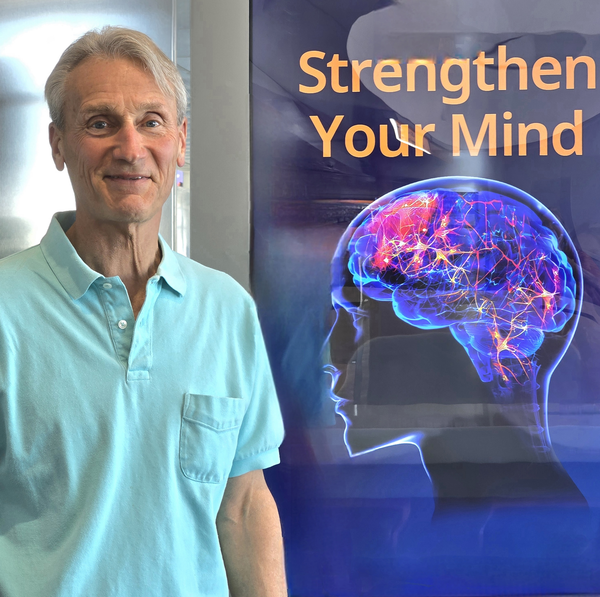
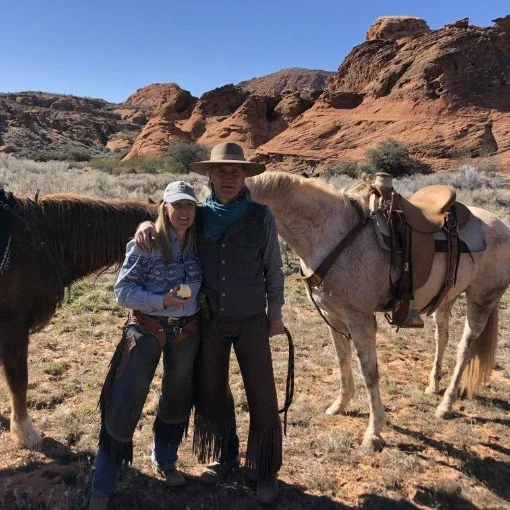
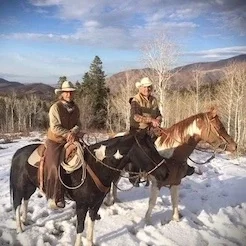
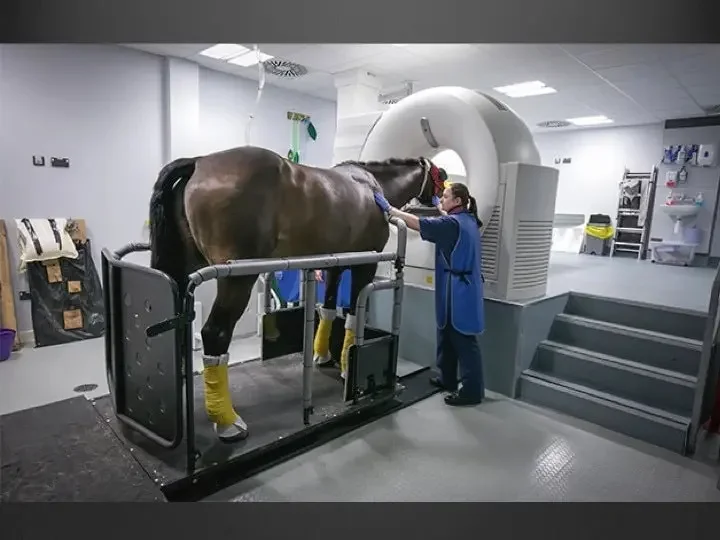
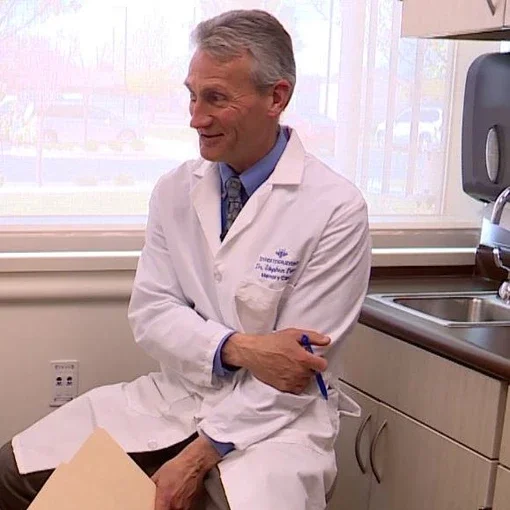
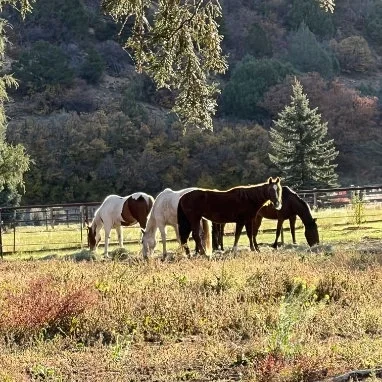
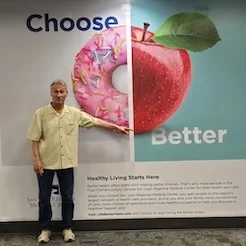
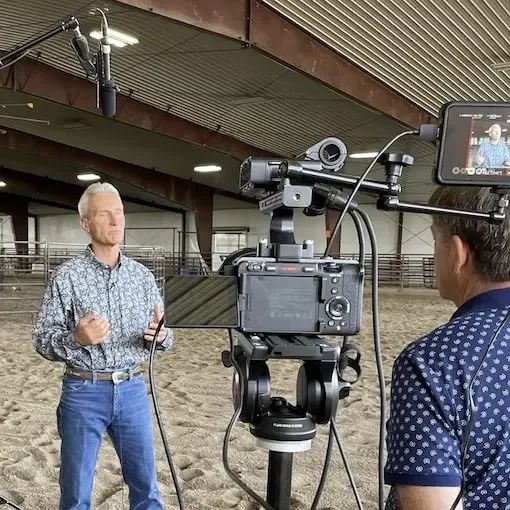

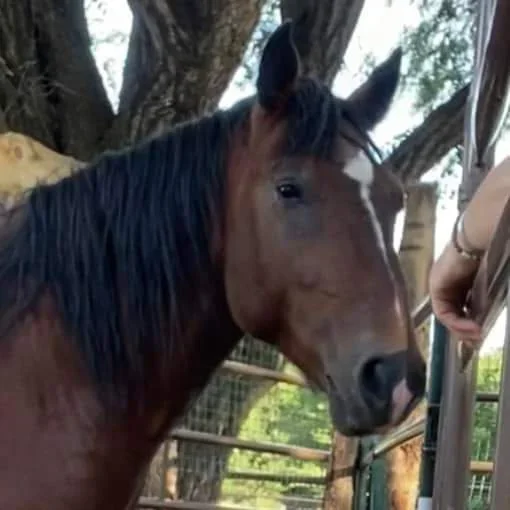
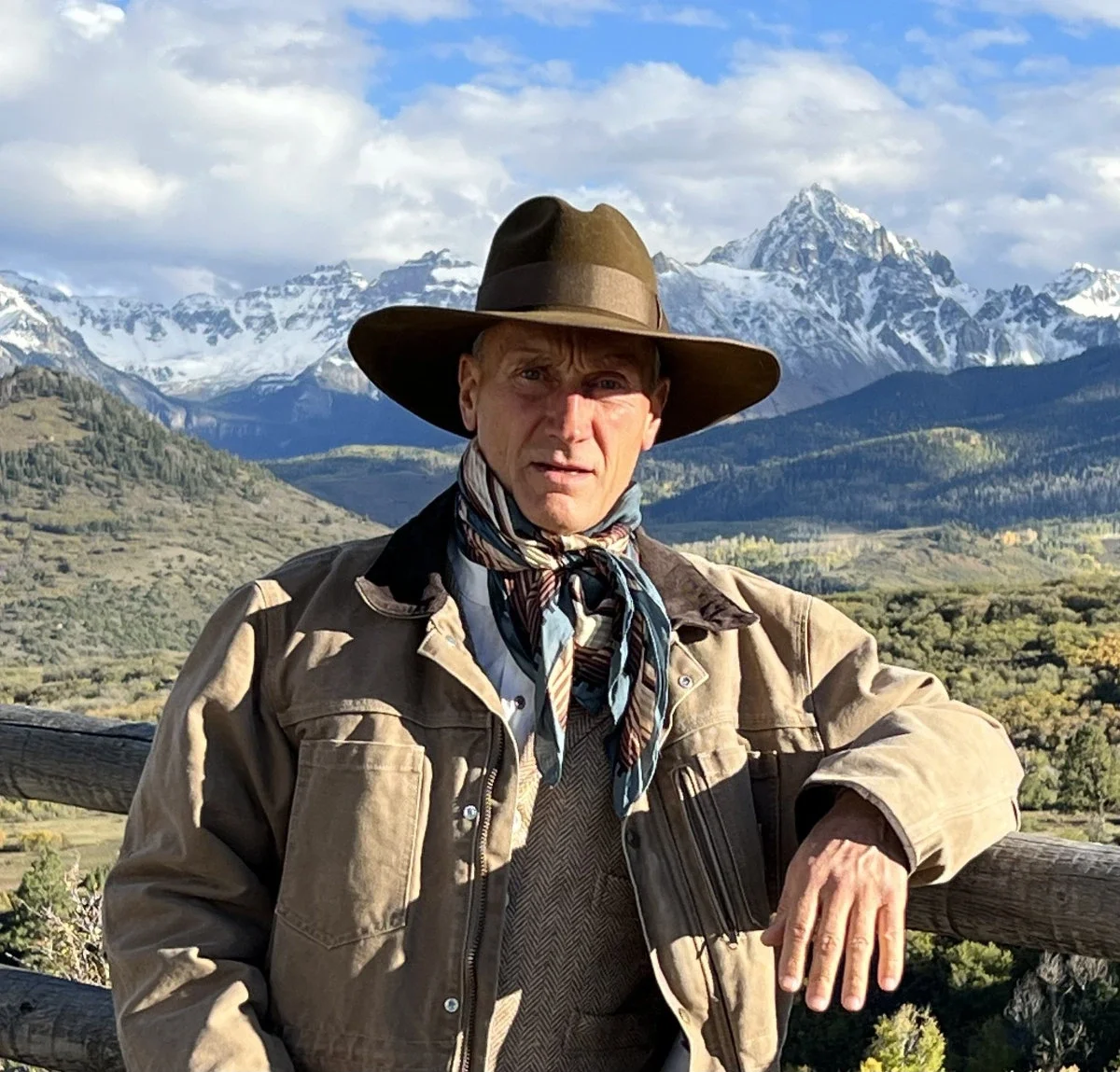
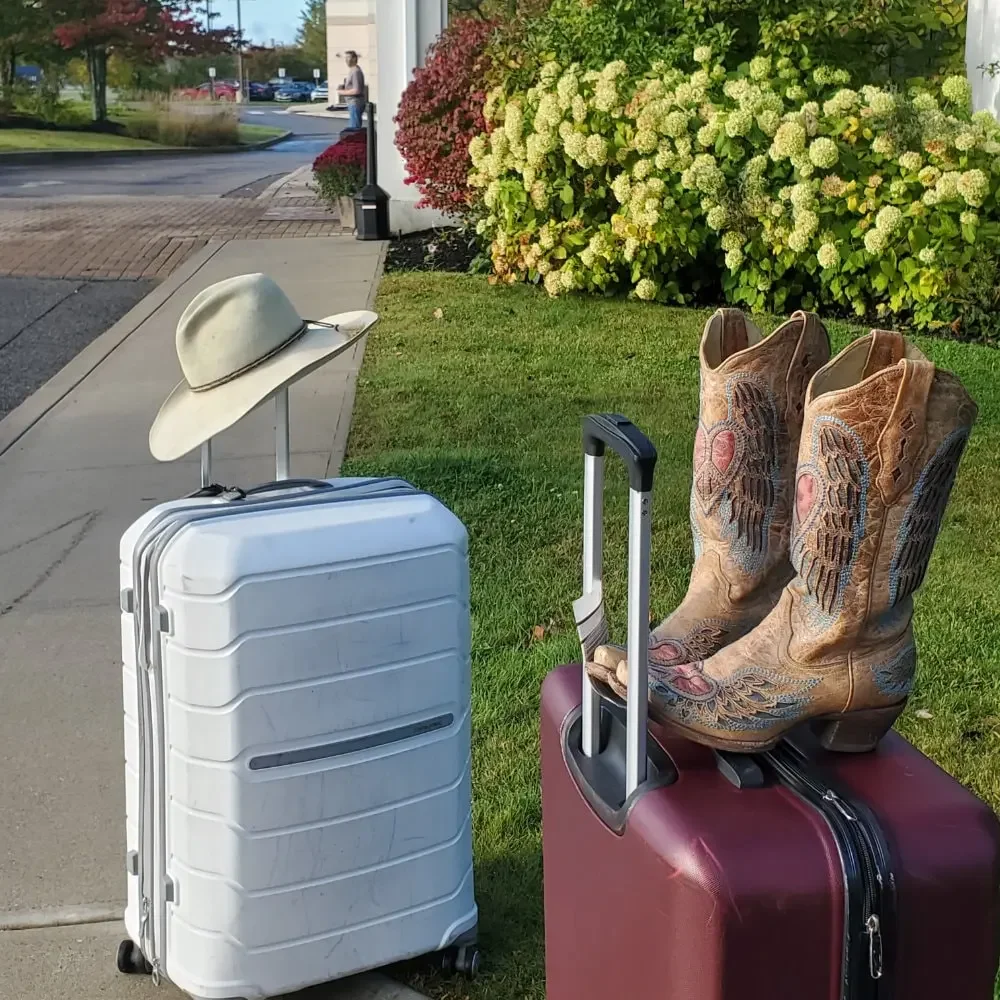
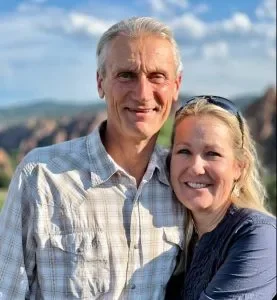
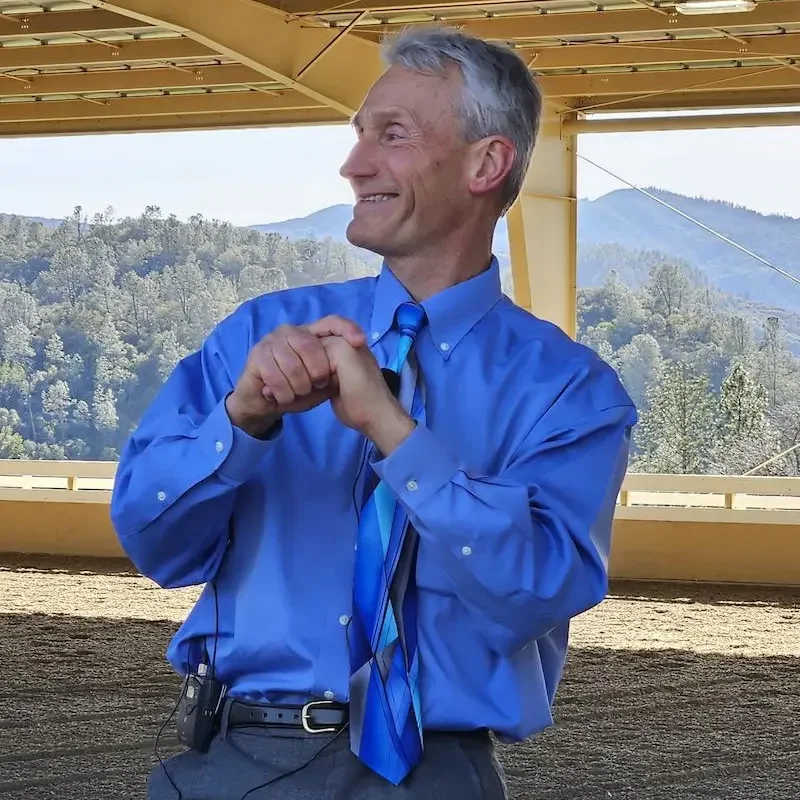
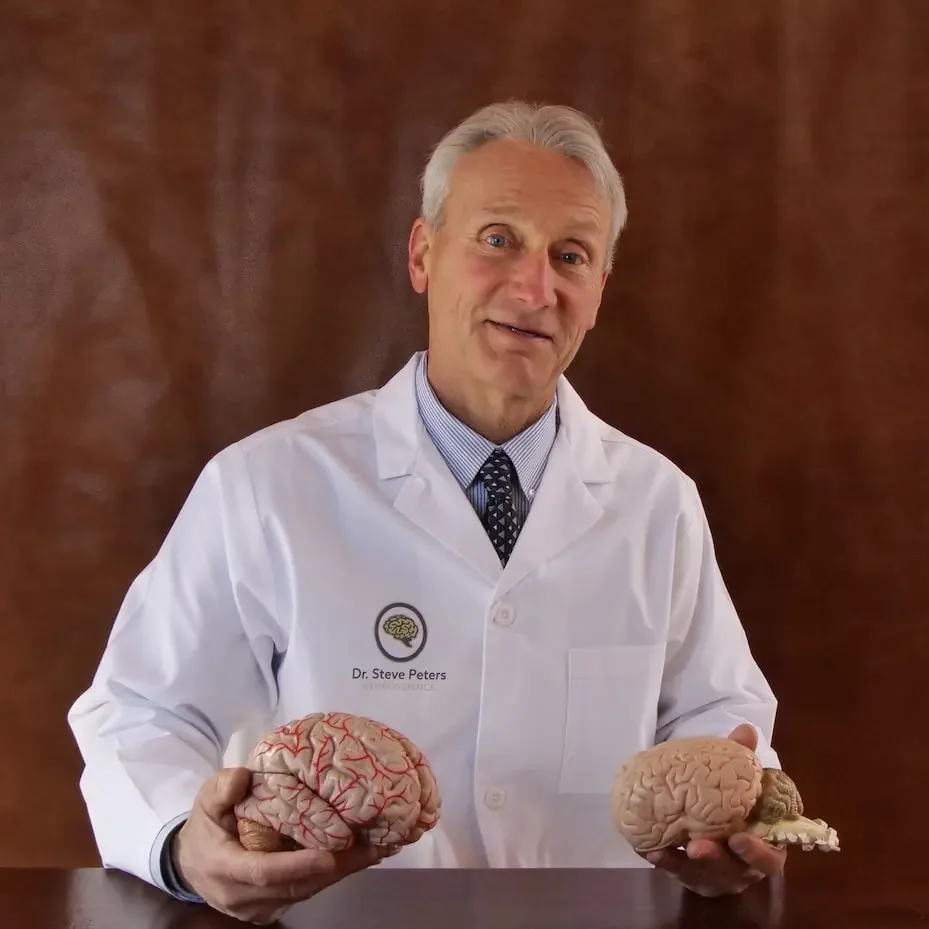
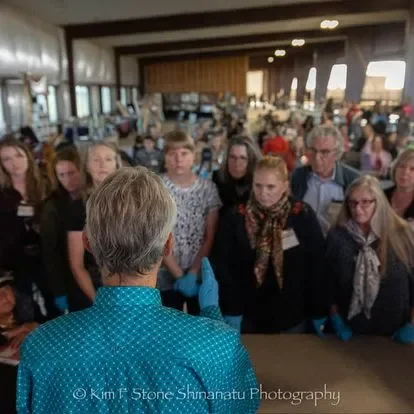
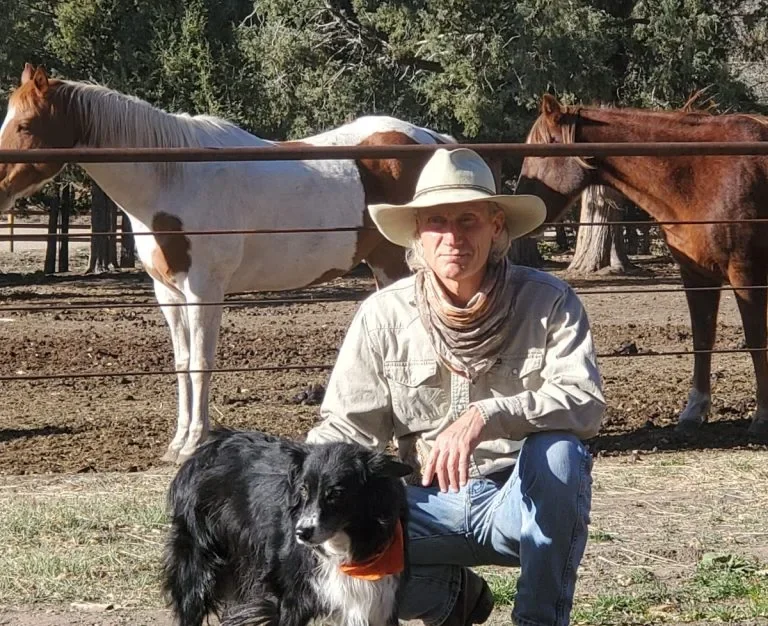
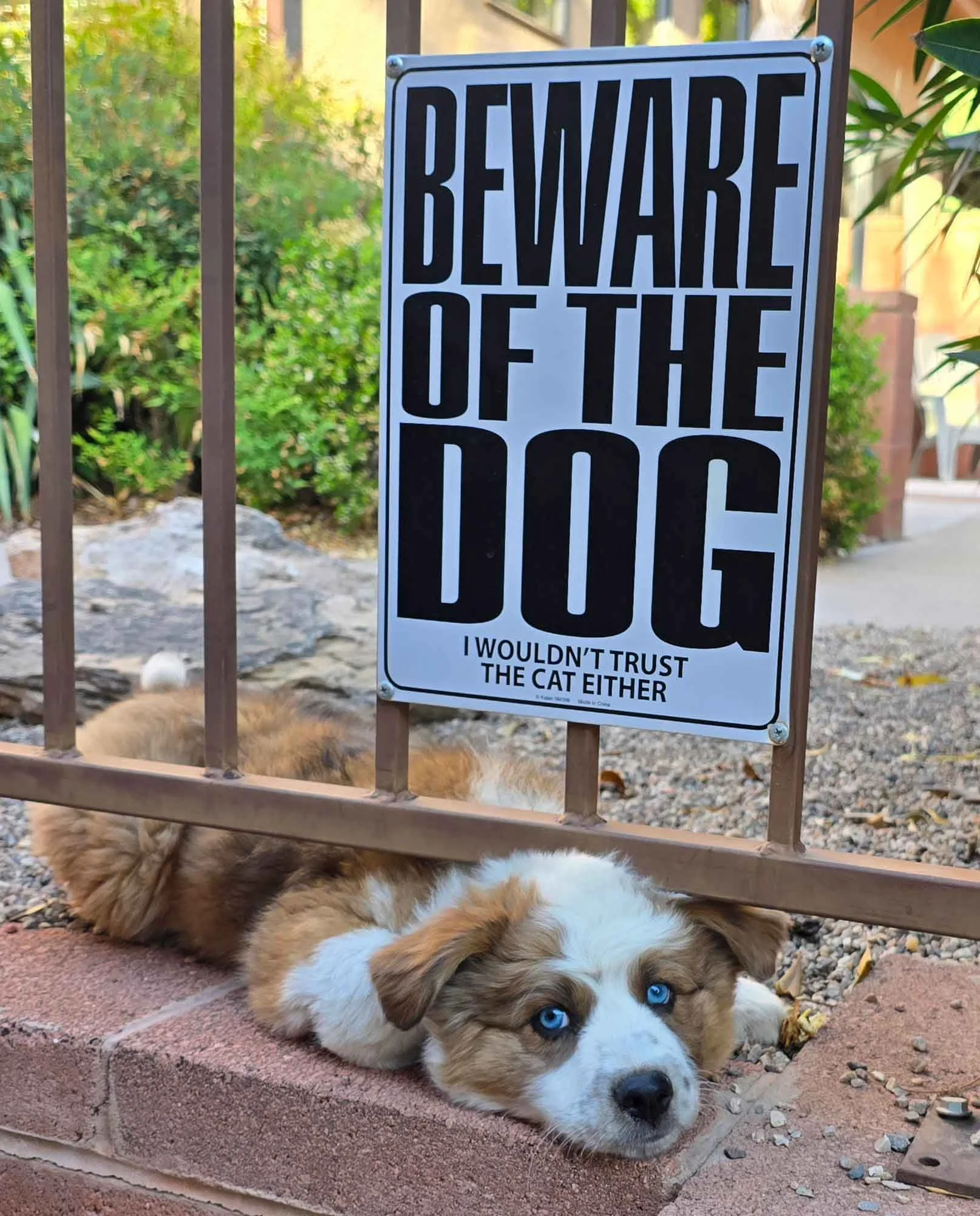
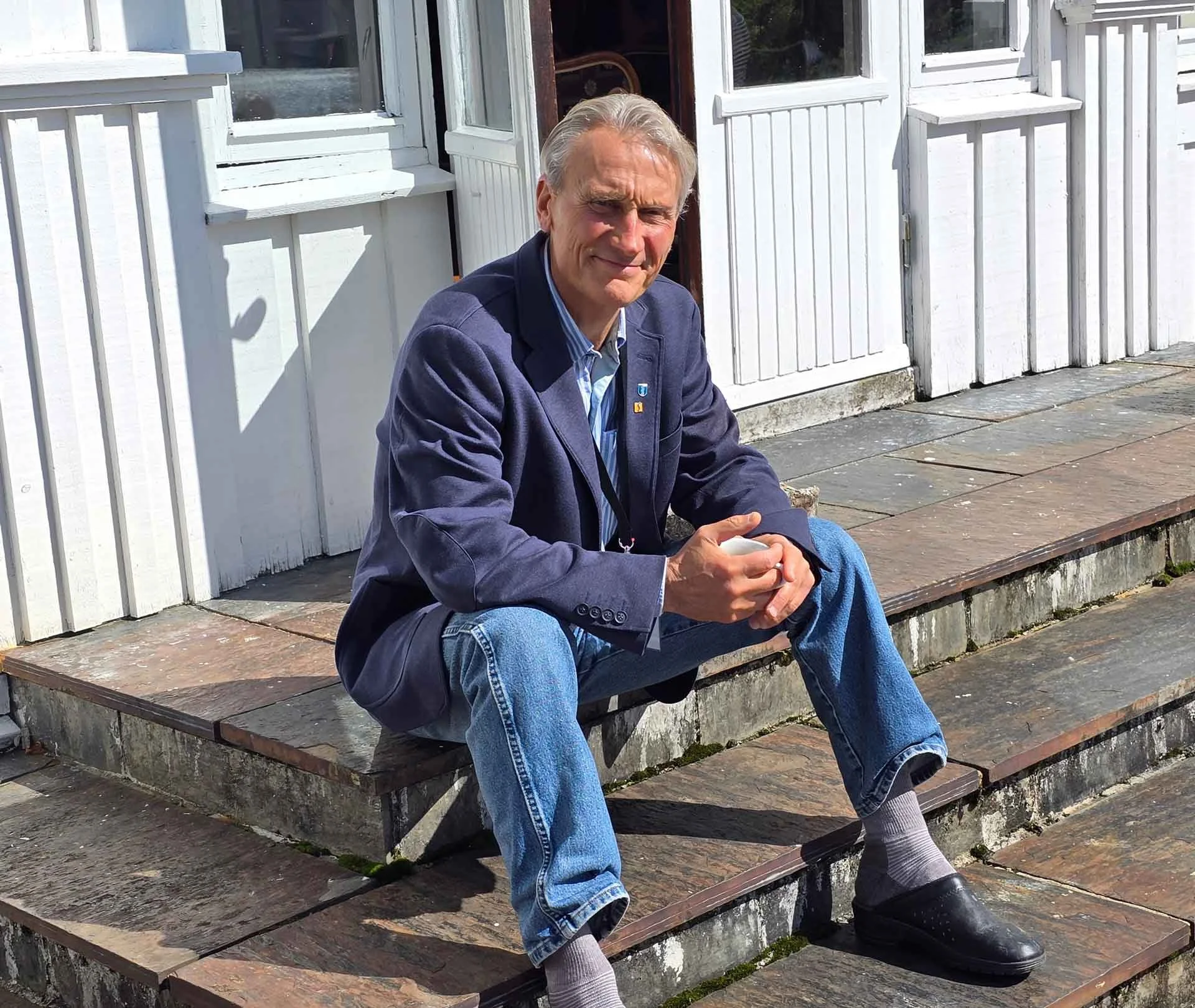

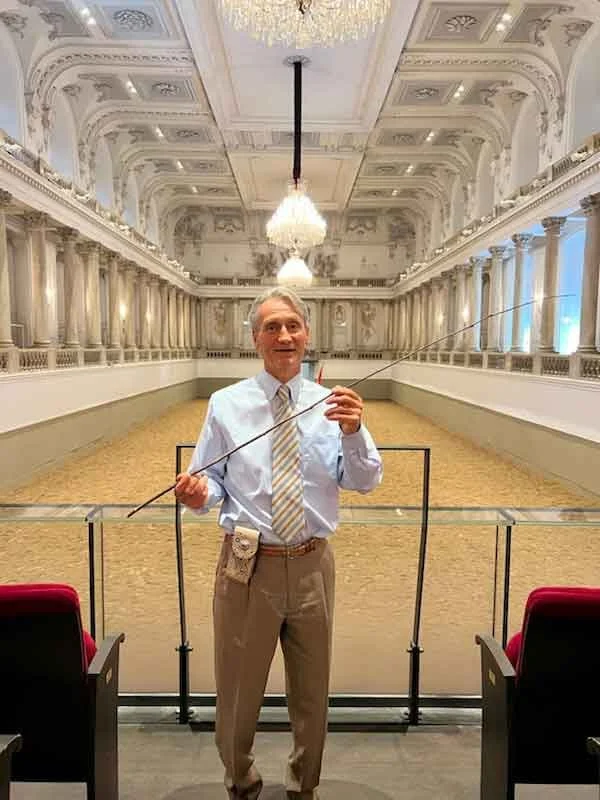
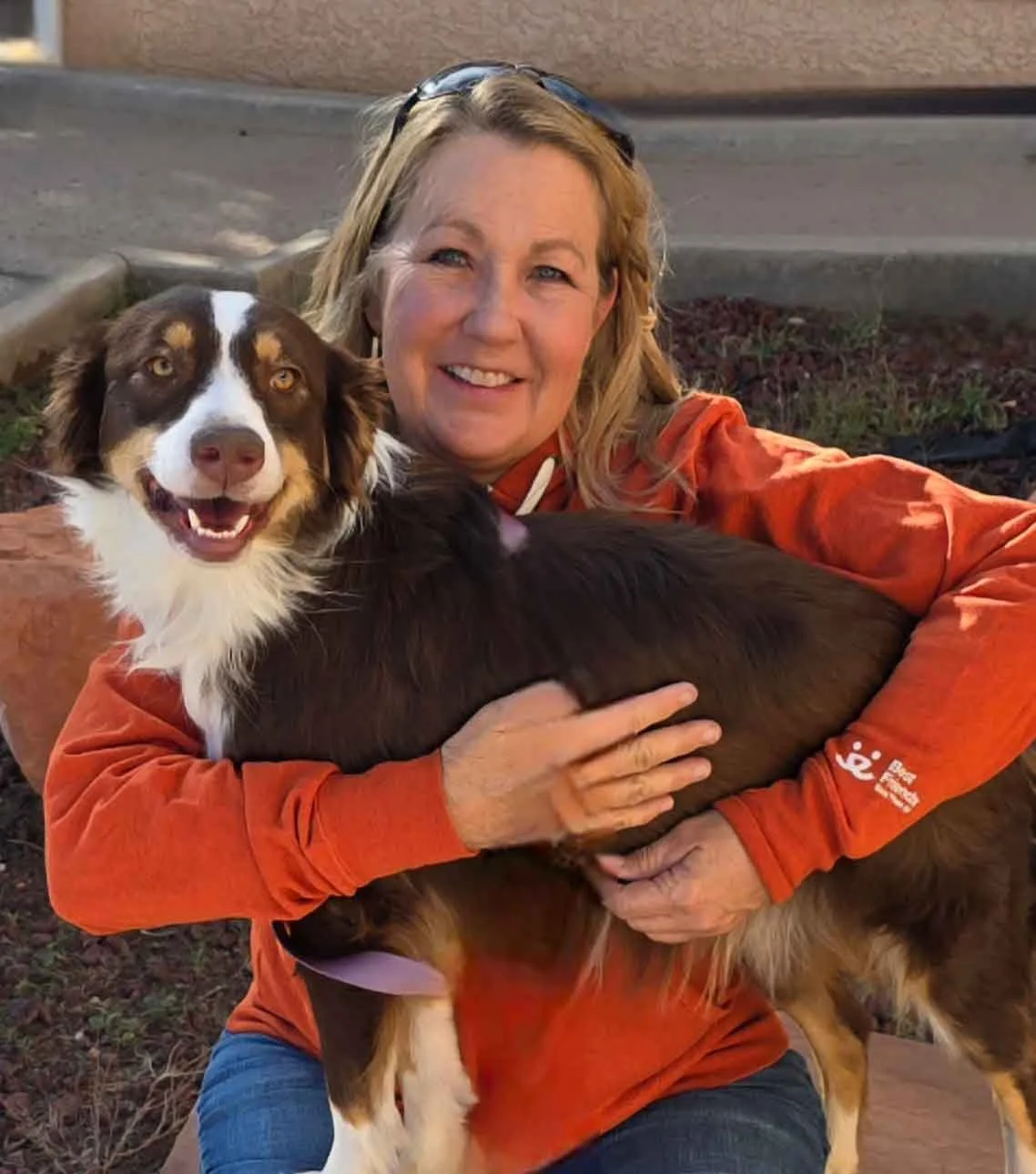
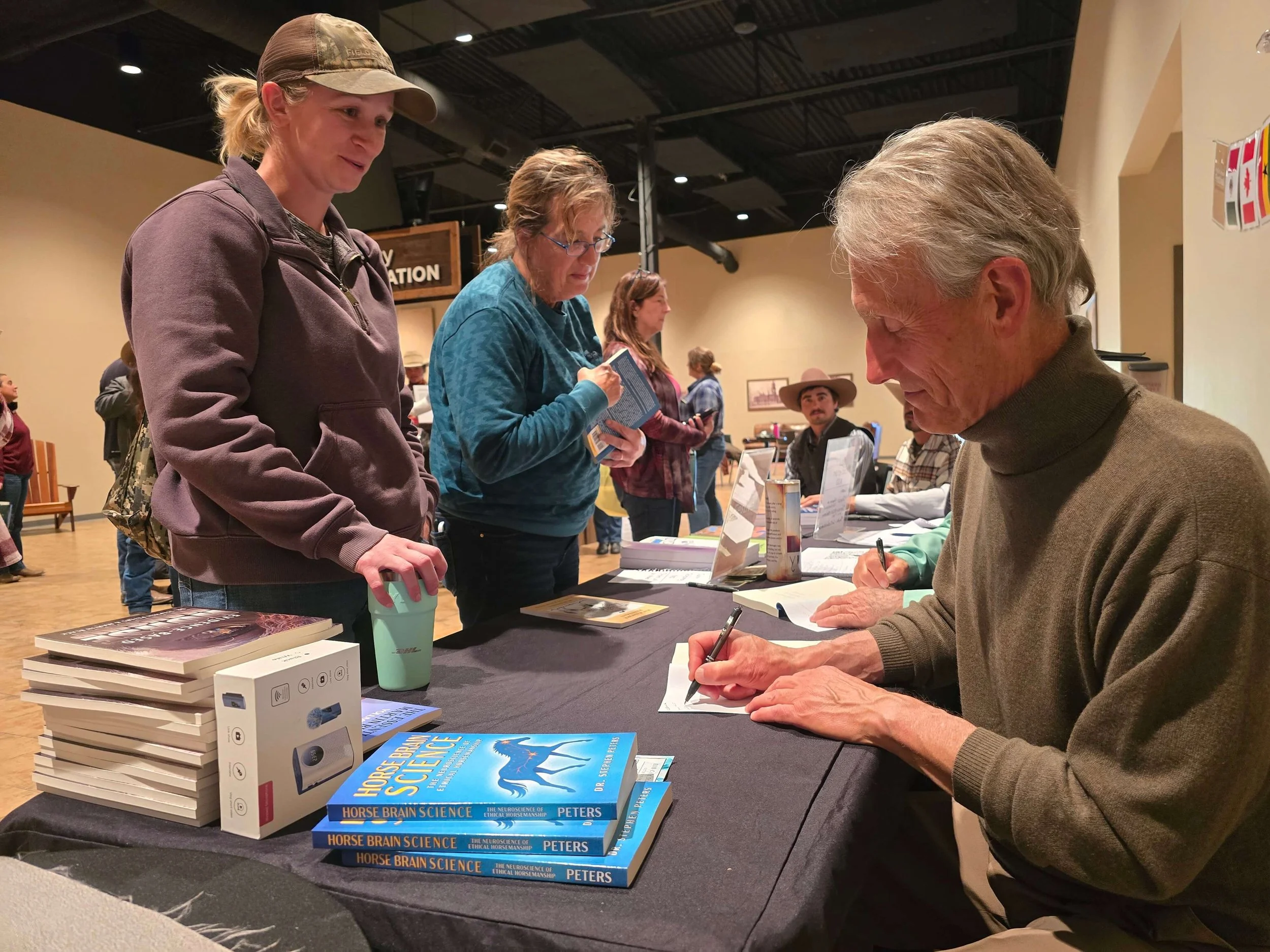
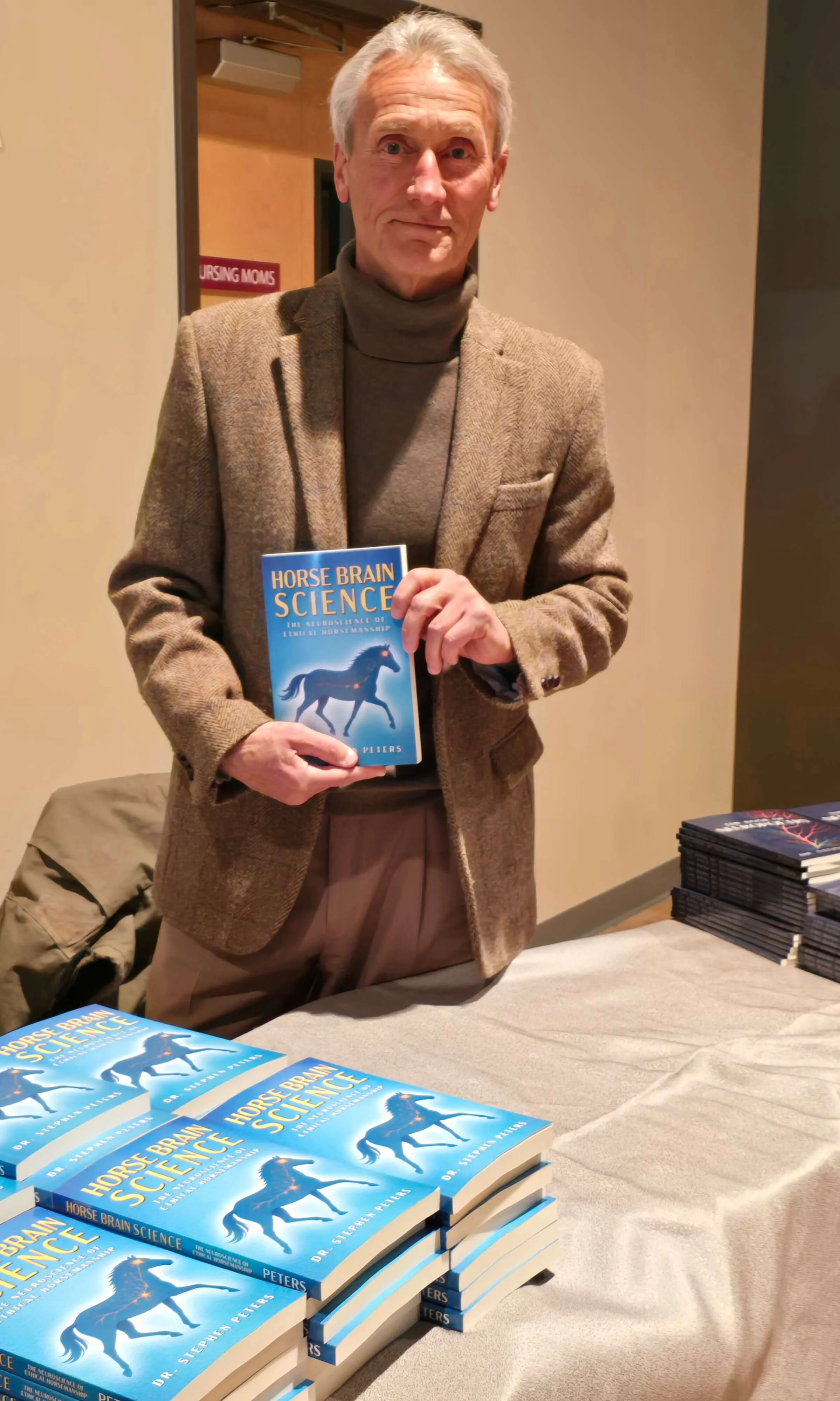








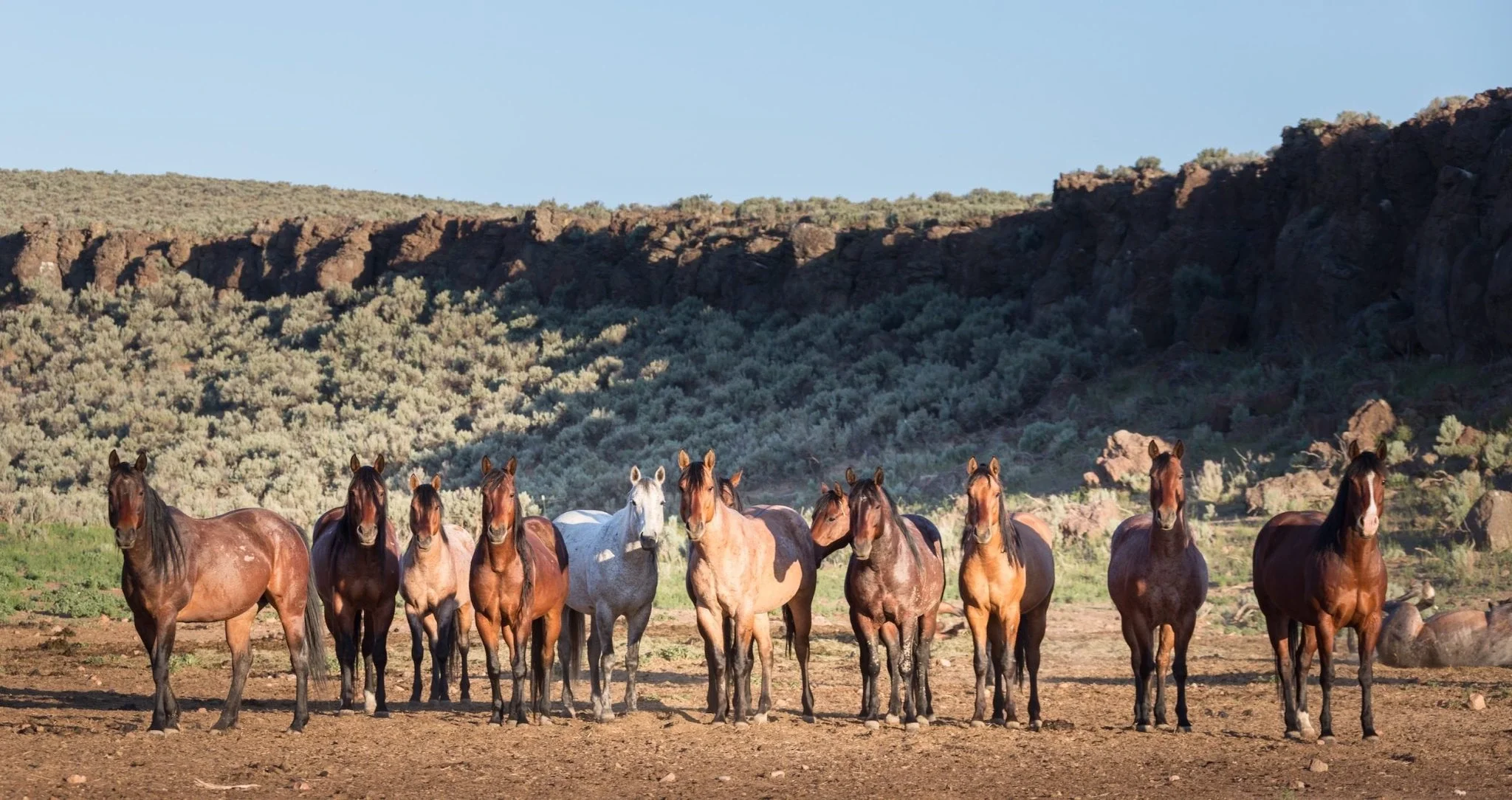
Photo Credit Kim Stone

